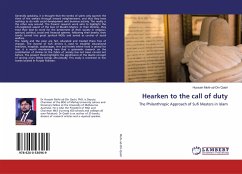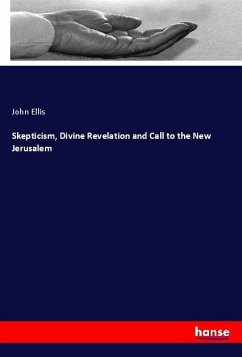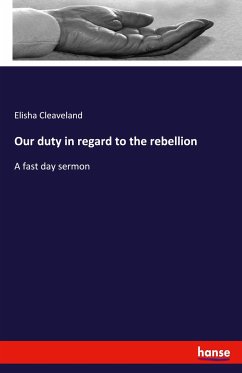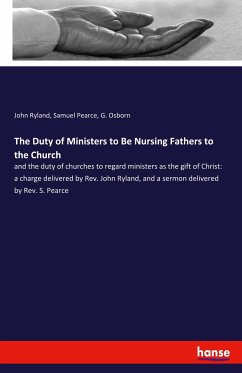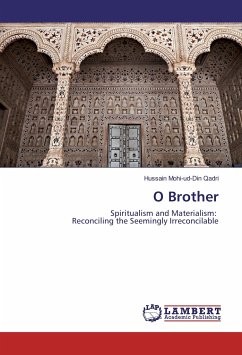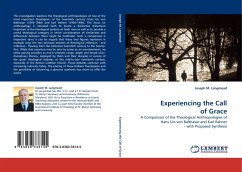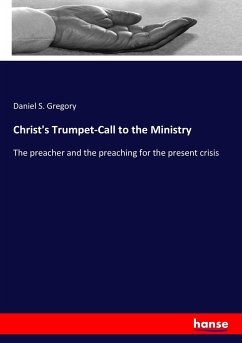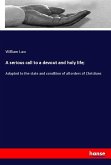Generally speaking, it is thought that the tombs of saints only quench the thirst of the seekers through inward enlightenment, and that they have nothing to do with social development and business activity. The reality is the other way around. The Present research work aims to highlight this oft-neglected aspect of the lives of Muslim Mystics. In their lifetime, they tried their best to work for the betterment of their society in religious, spiritual, political, social and financial spheres. following their deaths, their tombs turned into great spiritual NGOs and served as centres of social welfare. The needy and the poor are fed, educated and treated there free of charges. The income of Sufi shrines is used to establish educational institutes, hospitals, orphanages, inns and hotels where food is served for free. it is worth mentioning here that a systematic research on the contribution of shrines to the fabric of society has not been carried out before. The present thesis highlights the significance of the islamic concept of serving one's fellow beings altruistically. This study is restricted to five tombs located in Punjab Pakistan.
Bitte wählen Sie Ihr Anliegen aus.
Rechnungen
Retourenschein anfordern
Bestellstatus
Storno

